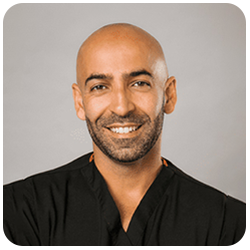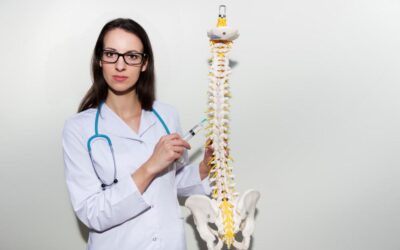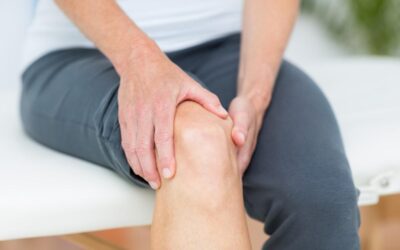Chronic pain can derail your entire life, making it impossible to perform the smallest tasks or enjoy your favorite things. That’s because, unlike acute pain (like a sprained ankle or stubbed toe), chronic pain doesn’t disappear after a few weeks or months when you heal. Instead, your pain continues, creeping into all aspects of your life — even affecting your ability to eat, sleep, and work.
With time, chronic pain can also cause emotional and mental anguish, leading to feelings of hopelessness, resentment, depression, and anxiety. But chronic pain doesn’t have to control your life; Dr. Hasan Badday at Pacific Pain and Regenerative Medicine can help you find relief.
Chronic pain is a real problem
For many, chronic pain is invisible. That’s because you can seem perfectly healthy on the outside, even though you’re suffering inside. There also are no medical devices or tests that measure or create images of pain. As a result, many medical professionals don’t take chronic pain seriously. They might think you’re exaggerating your symptoms, imagining things, or faking it, especially if they can’t determine an obvious cause for what you feel. And, since they don’t know how to help you, they often say the pain is in your head and send you away.
At Pacific Pain and Regenerative Medicine in California, Dr. Badday understands that chronic pain is very real and very complex. He treats you with compassion and knows that living with chronic pain can take a toll on your mental, emotional, and physical health as well. Dr. Badday wants to bring you the best quality of life possible, understanding that curing your pain isn’t the goal. Instead, Dr. Badday helps you learn to live with your condition while also minimizing your chronic pain as much as possible.
Chronic pain requires a personalized treatment strategy
Chronic pain can make you feel powerless, but Dr. Badday can help you fight it and thrive. He takes a multi-faceted approach to pain management. As part of this approach, Dr. Badday might recommend traditional medical interventions, like medications and injections. But he also offers other strategies as well, such as physical therapy and lifestyle changes, like diet, physical activity habits, and stress management.
Dr. Badday may look at how you spend each day – do you spend most of your time sitting behind a desk or in a vehicle, or do you have to stand much of the day? With this information, Dr. Badday can help you modify your work or home space so it doesn’t aggravate your symptoms. He also works with you to avoid pain flare-ups to keep you as comfortable and productive as possible.
As part of your pain management strategy, Dr. Badday can also provide recommendations on healthy sleep habits and ways to help you break your dependence on substances like alcohol and nicotine. All of these factors can negatively impact your pain levels.
Dr. Badday wants you to overcome pain so you can enjoy life. If you suffer from chronic pain, learn more about how Dr. Badday’s compassionate care can help you be the best you possible. Schedule an appointment at his Irvine or Los Angeles location by calling or booking online today.









